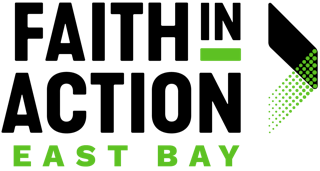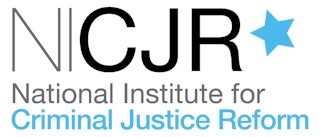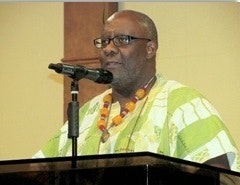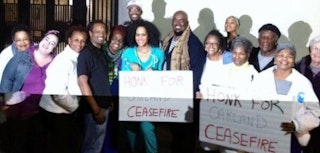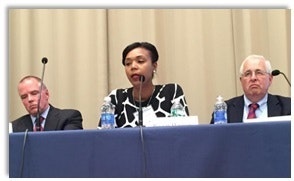The Oakland Ceasefire Strategy has Three Goals:
1. Reduce gang/group-related shootings and homicides: Ceasefire focuses on the most violent gangs/groups and individuals who are at the greatest risk of shooting or being shot. We communicate directly with individuals through large group meetings ("Call-Ins") or by meeting with them one-on-one ("custom notifications"). Ceasefire includes community outreach, services, and support and, when necessary, multi-agency law enforcement action focused specifically on gangs/groups and individuals who continue to engage in violence.
2. Decrease recidivism and incarceration rates of individuals participating in the intervention: Outreach and support services are provided by the City of Oakland’s Department of Violence Prevention and its network of citywide community-based direct service organizations all dedicated to helping participants by offering real alternatives, resources, advocacy, mentoring life coaching.
3. Strengthen police-community relations: Vital to the success of the Ceasefire Oakland strategy are community and faith leaders. Partners like Faith In Action East Bay and the National Institution for Criminal Justice Reform provide leadership, advocacy, and resources from a community perspective that strengthen the spectrum of support for participants while pushing for mutual accountability and transparency among all partners in achieving the strategic goals.


